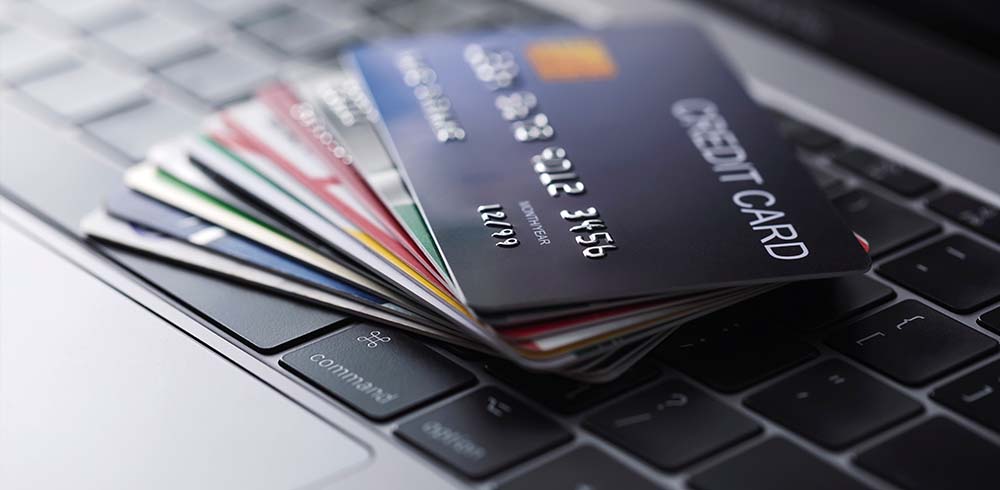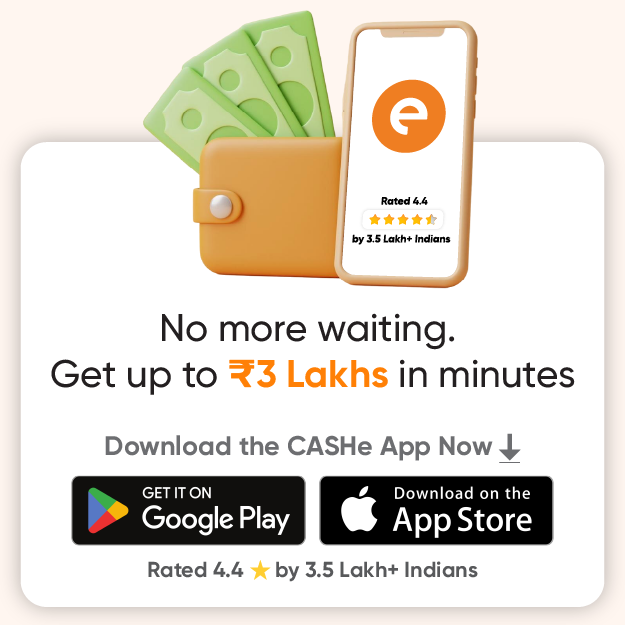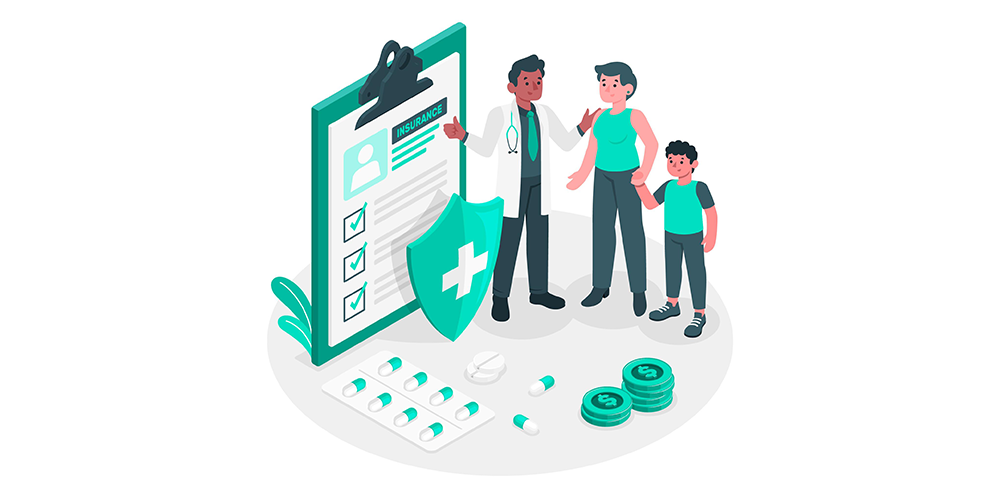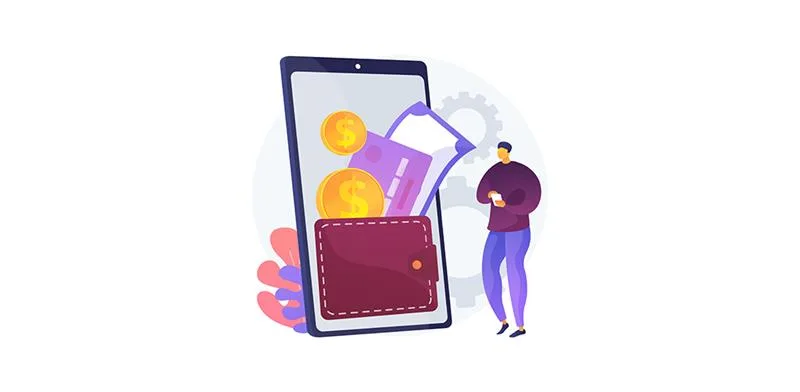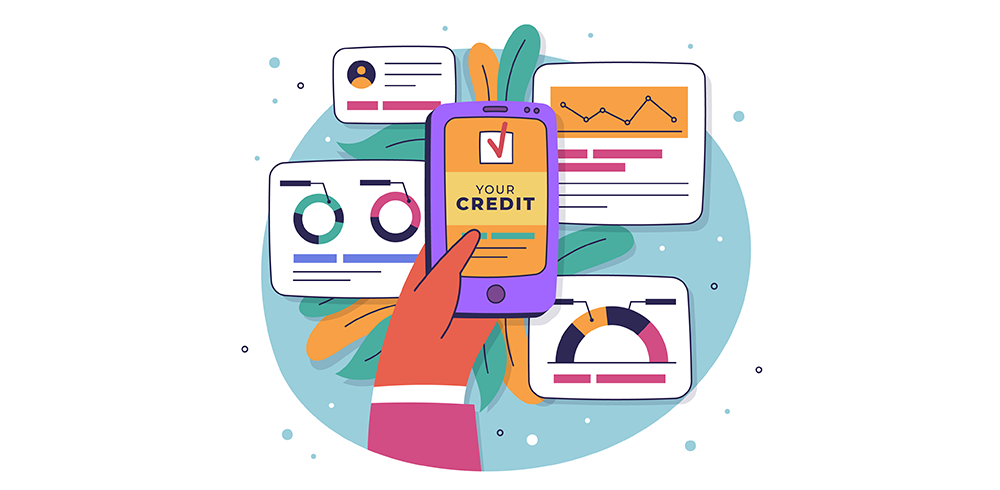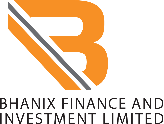Do you know the difference between personal Pre-Approved CASHe Limits and credit cards?
If not, then you’re not alone.
In this blog, you will understand the key difference between a personal Pre-Approved CASHe Limit & credit cards so you can select an option best suited for your requirement.
Credit Card
A credit card is a short-term loan provided by lenders which you can use to pay for your purchases & other expenses. They come with a credit limit. At the end of each billing cycle, you’re expected to pay the sum you have used and if you fail to pay off the amount within the grace interest-free period, then you will be charged interest ranging from 24-42%.
People think credit cards are the highway to debt, but is that the case? Let’s weigh its Pros and Cons.
Pros
Rewards: Credit card companies offer reward points and benefits like No-Cost EMI offers, cashback offers, lounge access at airports, priority check-in at airports, insurance cover etc to entice customers to buy their credit cards.
Universally accepted: Credit cards are universally accepted and can be used in any country. This is a great benefit for students who study abroad and travel lovers.
Buyer Protection: Suppose you ordered a sofa online and paid with your credit card. And the sofa never arrives. Instead of having a heated argument with the seller, request your credit card company to raise a dispute. This is called ‘Chargeback’.
Increase your credit score: By paying your credit bills on time you can increase your credit score. Surely a credit card can wreck your credit score and drag it to one digit but if used wisely can help you shoot up your credit score. A good credit score makes you lenders’ favourite and helps you negotiate the interest rate on other loans.
Cons
Impulse buying: When you use a credit card, you’re using funds that aren’t yours. This causes impulse buying. The shopper’s high dies down, but the credit bills remain.
Hidden charges: If the high interest weren’t bad enough, you have additional charges like:
- Maintenance charges
- Late Payment fees
- Surcharges
- Cash Advance fees
- Exceeding limit fees
- Foreign charges
- 18% GST charges.
Personal Pre-Approved CASHe Limit
Personal LOC is a type of Pre-Approved CASHe Limit that is either secured or unsecured. You need to reserve your asset as collateral in a secured personal LOC. Whereas in an unsecured, no collateral is required and hence the interest is higher.
Unlike credit cards, a personal LOC provide credit that you can withdraw as per your need and pay off the amount used. Banks and other financial institutions provide instant Pre-Approved CASHe Limits and few offer interest-free grace periods.
Pros
Consolidate Debt: If you’re drowning in debt and don’t have the funds to pay it off, you can use a personal LOC to consolidate other debt. By doing so, you will be responsible for one debt.
Lower Interest Rate: Interest on personal loans are lower compared to credit cards. And if you opt for a secured loan, the interest will be much lower than unsecured personal loans.
Increase Your Credit Score: Just like credit cards, personal loans allow you to improve your credit score by paying EMIs on time and not missing your payments.
Cons
Hard Credit Check: When you apply for a personal loan, the lender pulls up your credit report to check your eligibility. This is called a hard credit check, having too many credit checks decreases your credit score.
High-Interest Rate & Other Fees: In case of missed payment, you will have to pay the penalties along with interest. Some instant Pre-Approved CASHe Limits have additional charges like origination fees, application fees and prepayment penalties.
Eligibility Criteria: Getting approved for a personal Pre-Approved CASHe Limit is no cakewalk. Especially in the case of unsecured ones. Since the lender has to bear the risk of you defaulting without collateral, the eligibility criteria are quite tough.
Conclusion.
For short-term needs, credit cards can come in handy while for long-term, personal Pre-Approved CASHe Limits are better. Depending upon how well you manage these, financial products can either be a friend or a foe.
